Nội Dung Chính
(Page 72)
I. LANGUAGE
Pronunciation
1. Mark the letter A, B, C, or D to indicate the word whose underlined part differs from the other three in pronunciation. ![]()
1. A. afford B. urban C. area D. expand
2. A. bonus B. employ C. overtime D. local
2. Mark the letter A, B, C, or D to indicate the word which differs from the other three in the position of the main stress. ![]()
1. A. concern B. bonus C. housing D. leisure
2. A. flexible B. glamorous C. rewarding D. challenging
3. Mark the letter A or B to indicate the stressed auxiliary or modal verb. Listen and check. Then practise saying the sentences in pairs. 🎧
1. Peter (A) will attend the job fair next week if he (B) can.
2. A: His grandmother (A) doesn't enjoy living in the city.
B: Well, actually, she (B) does.
4. Read the following sentences. Underline the unstressed words in each one. Listen and check. Then practise saying the sentences in pairs. 🎧
1. Life in the city is very convenient and comfortable, but also expensive.
2. It usually takes thirty to eighty job applications to get a job offer.
Vocabulary
1. Mark the letter A, B, C, or D to indicate the word or phrase CLOSEST in meaning to the underlined word.![]()
1. Today, young people from rural areas often move to big cities to seek better job opportunities.
A. look for B. look at C. carry out D. look after
2. Many employers find it difficult to recruit workers for night shifts.
A. working conditions
B. performances
C. working hours
D. lifestyles
3. A lot of companies provide their employees with affordable housing.
A. places B. warehouses C. containers D. homes
4. The company has employed more people to work on the new project this year.
A. hired B. supported C. stopped D. used
2. Mark the letter A, B, C, or D to indicate the word or phrase OPPOSITE in meaning to the underlined word. ![]()
1. The authorities are planning to expand the local airport and make it more modern.
A. widen B. reduce C. build up D. shorten
2. Very few people can afford a home in city centres nowadays.
A. have enough money to buy
B. be able to buy
C. don't have enough money to buy
D. don't have any money to buy
3. Working as a researcher can be mentally challenging, but it is very interesting.
A. boring B. simple C. reliable D. difficult
4. A lot of companies have cut down on staff, so the number of jobless people is getting higher and higher.
A. employed B. unemployed C. recruited D. trained
(Page 73)
3. Read the following passage and mark the letter A, B, C, or D to indicate the correct word or phrase that best fits each of the numbered blanks from 1 to 8.
Ms Huong worked as a shop assistant in Essence, a clothing shop in Ha Noi. Her job involved greeting customers and helping them choose the best clothes for their needs. She often worked afternoon or evening (1) _____ when the shop was a (2) _____ very busy. Ms Huong lived in a small flat in nearby, and often walked home from work. It was very convenient as she never got stuck in (3) _____. On public holidays she often had to work (4) _____ until late at night. The manager was happy with her performance, so she regularly got an annual (5) _____. However, she decided to find a(n) (6) _____ job in an office. Her new job was (7) _____, but after six months, she got bored. She is now looking for a job with (8) _____ working hours.
1. A. shifts B. turns C. times D. periods
2. A. housing
B. high-rise building
C. convenience store
D. shopping centre
3. A. public transport
B. demanding jobs
C. workload
D. traffic jams
4. A. flexible B. part-time C. overtime D. full-time
5. A. bonus
B. wage
C. on-the-job training
D. competition
6. A. vacancy B. overtime C. nine-to-five D. shift
7. A. well-paid B. reliable C. casual D. local
8. A. long B. flexible C. overtime D. relevant
Grammar
1. Mark the letter A, B, C, or D to indicate the correct answer. ![]()
1. This is the first time I _____ on the Ha Noi Metro.
A. have travelled B. will travel C. travel D. travelled
2. The _____ serious the air pollution in the city is becoming, the _____ its negative impact is on people's life there.
A. less... more B. more... bigger C. fewer ... fewer D. more... less
3. _____ people now tend to move to big cities to look for better job opportunities.
A. More and less B. Less and less C. More and more D. Fewer and fewer
4. My grandparents don't want to live in the city _____ they don't like the crowded streets and the traffic jams.
A. although B. because C. moreover D. if
5. The increasing number of private cars causes traffic jams; _____ it is also the main reason for air pollution in big cities.
A. as a result B. on the other hand C. so that D. moreover
6. Local authorities have improved the frequency of public transport _____ more people will find it convenient to use.
A. so that B. not only C. such that D. neither
2. Mark the letter A, B, C, or D to indicate the sentence that is closest in meaning to each of the given sentences. 
1. Shopping centres are places where people go shopping as well as places where friends and family go to meet, eat, and be entertained.
A. Shopping centres are neither places where people go shopping nor places where friends and family go to meet, eat, and be entertained.
B. Although shopping centres are places where people go shopping, they are not places where friends and family go to meet, eat, and be entertained.
C. Shopping centres are places where people go shopping because these are places where friends and family go to meet, eat, and be entertained.
D. Shopping centres are not only places where people go shopping, but also places where friends and family go to meet, eat, and be entertained.
(Page 74)
2. I have been to a job fair once before.
A. This is the first time I have been to a job fair.
B. This is the second time I have been to a job fair.
C. This is the last time I have been to a job fair.
D. I have been to a job fair three times this year.
3. My friend performed his duties at work very efficiently. He was promoted after only one month.
A. Although my friend performed his duties at work very efficiently, he was promoted after only one month.
B. My friend performed his duties at work very efficiently because he was promoted after only one month.
C. My friend performed his duties at work very efficiently; as a result, he was promoted after only one month.
D. My friend didn't perform his duties at work so efficiently that he was promoted after only one month.
4. The air in big cities was polluted, and now it is even more polluted.
A. The air in bigger and bigger cities was polluted.
B. The air in big cities is becoming more and more polluted.
C. The air in big cities used to be polluted, but now it is cleaner.
D. The more polluted the air was, the less polluted big cities were.
5. If you get more work experience, you will have a greater chance of employment.
A. The more work experience you get, the greater chance of employment you will have.
B. The more work experience you get, the less chance of employment you will have.
C. Although you get more work experience, you will have greater chance of employment.
D. The less work experience you get, the greater chance of employment you will have.
6. She has a well-paid job, but she always works overtime to earn more money.
A. If she has a well-paid job, she always works overtime to earn more money.
B. She has a well-paid job; moreover, she always works overtime to earn more money.
C. When she has a well-paid job, she always works overtime to earn more money.
D. Although she has a well-paid job, she always works overtime to earn more money.
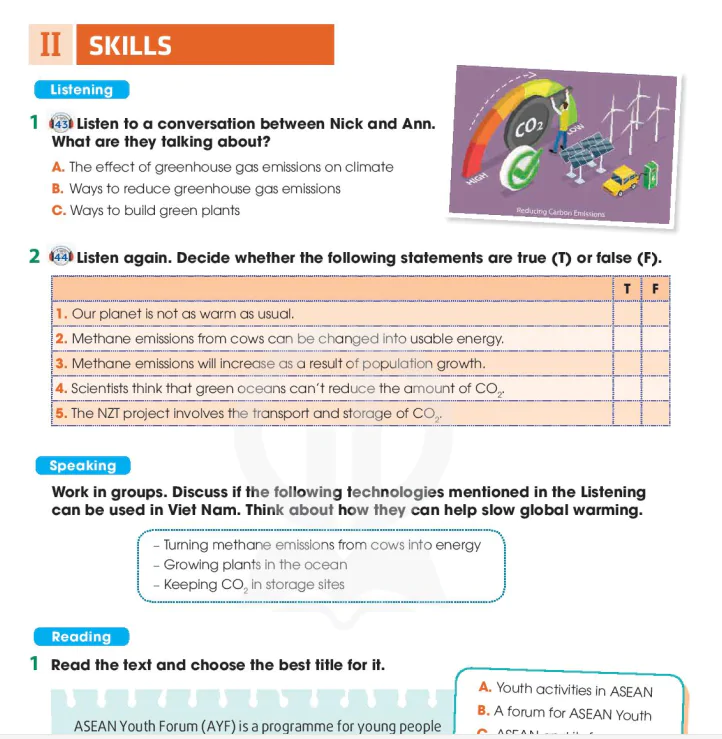
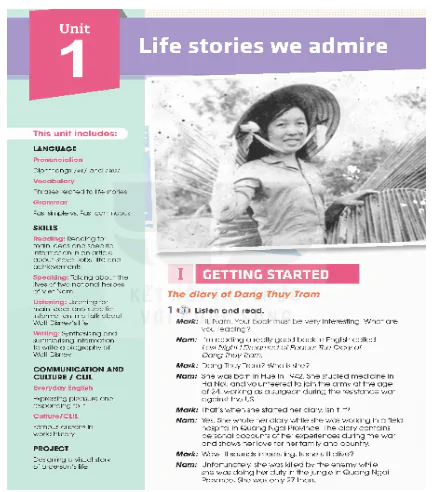
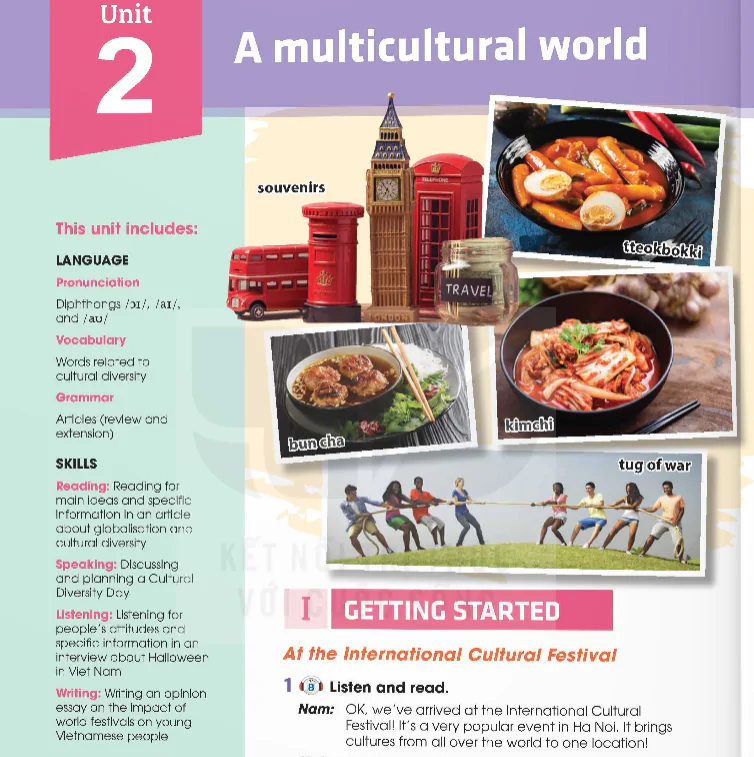
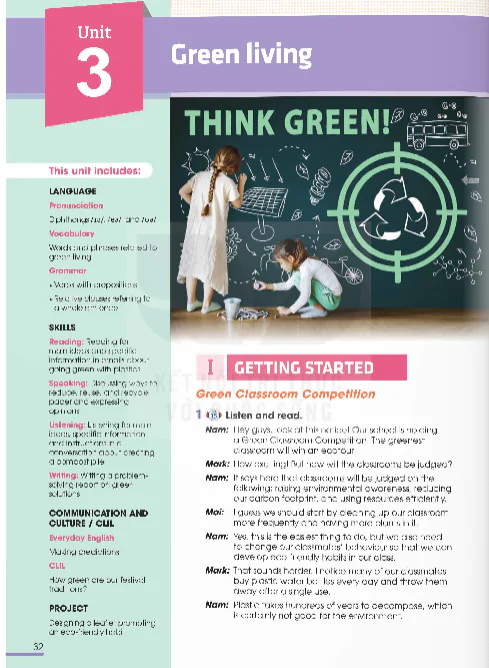
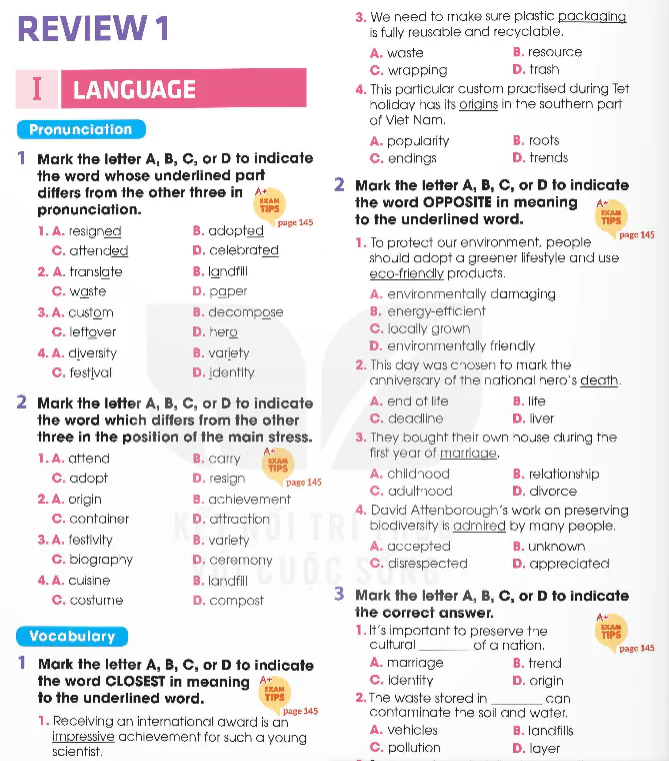
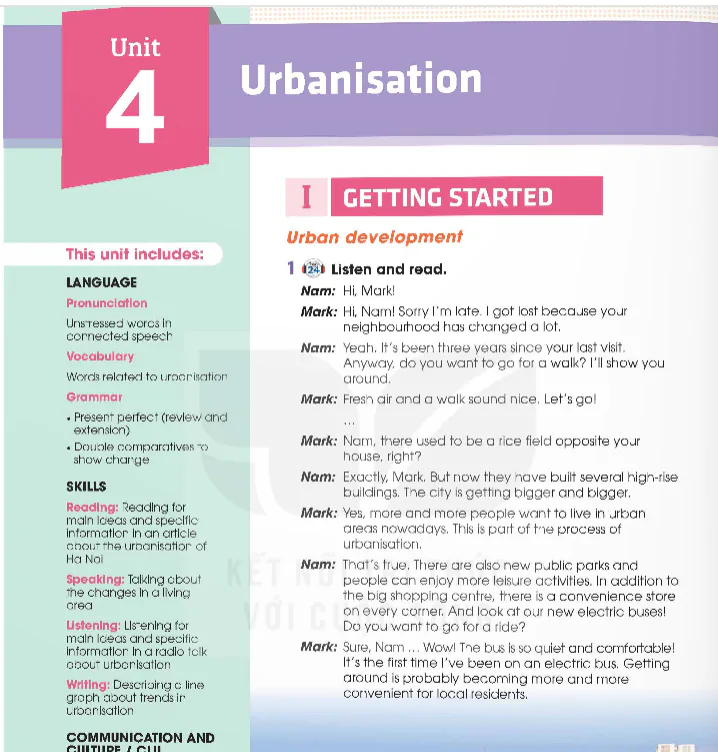
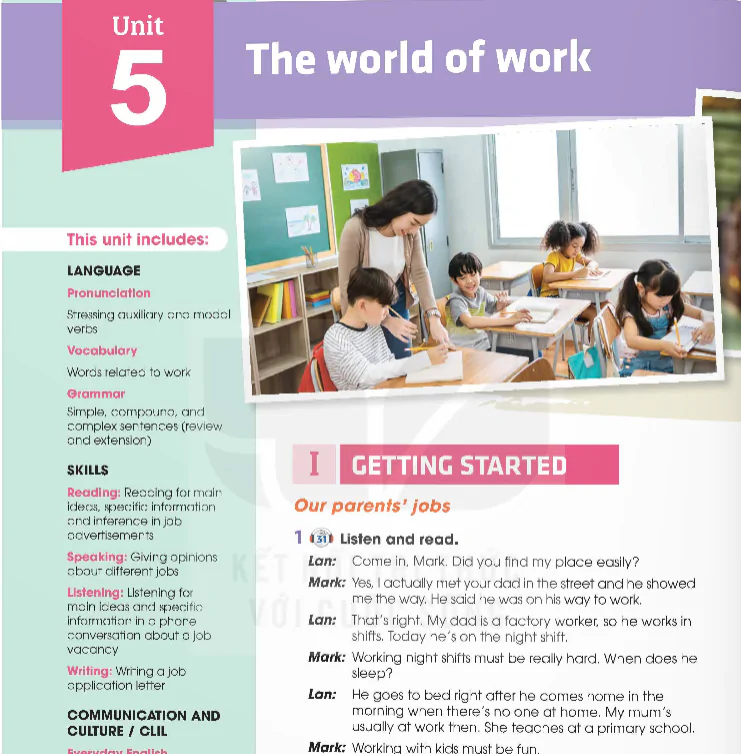
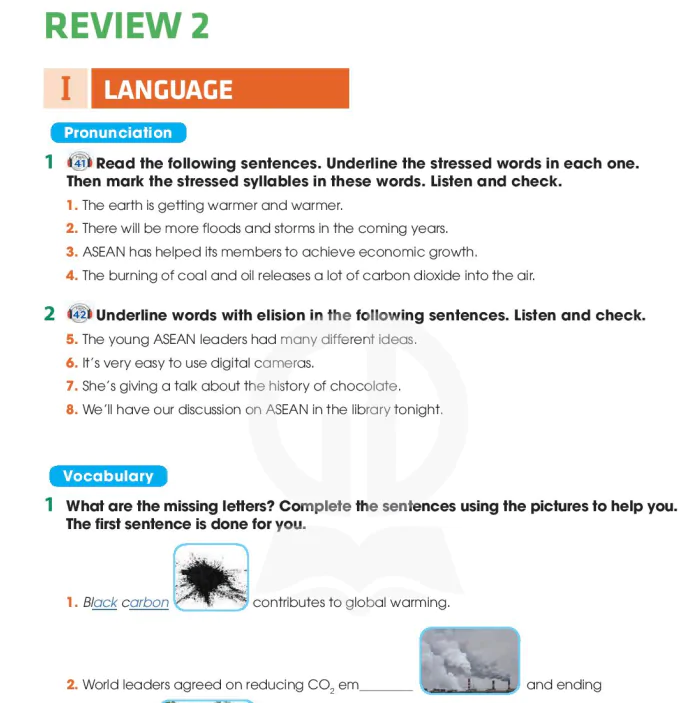
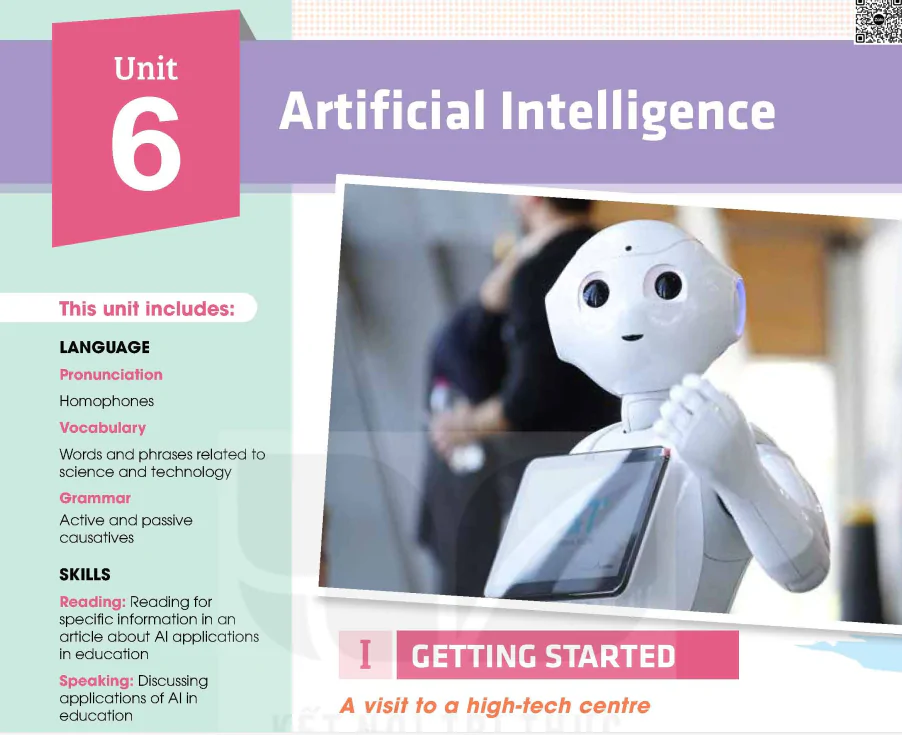
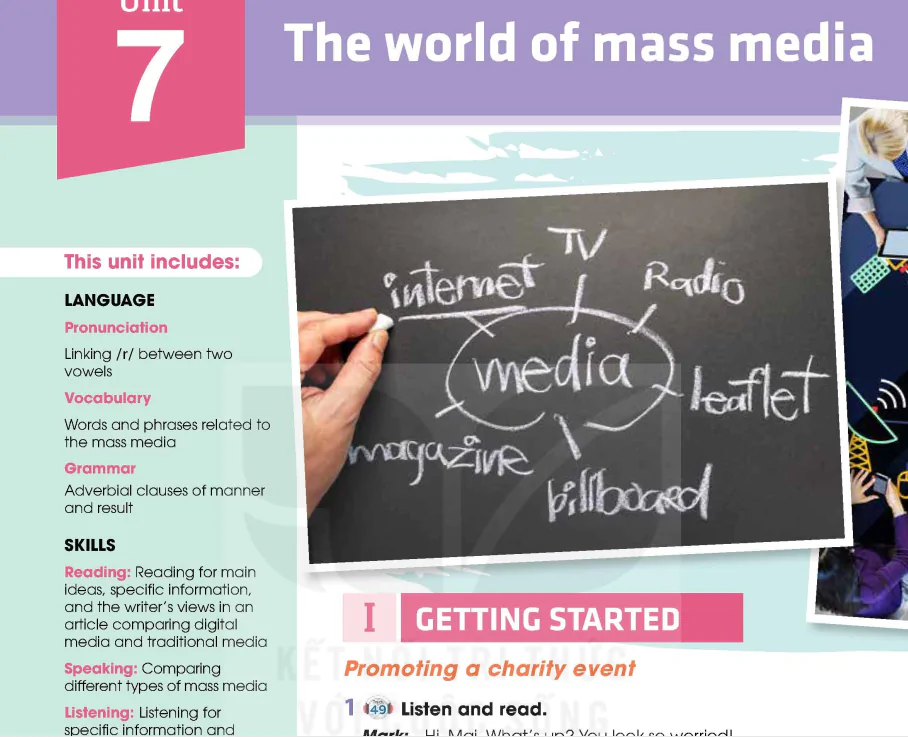

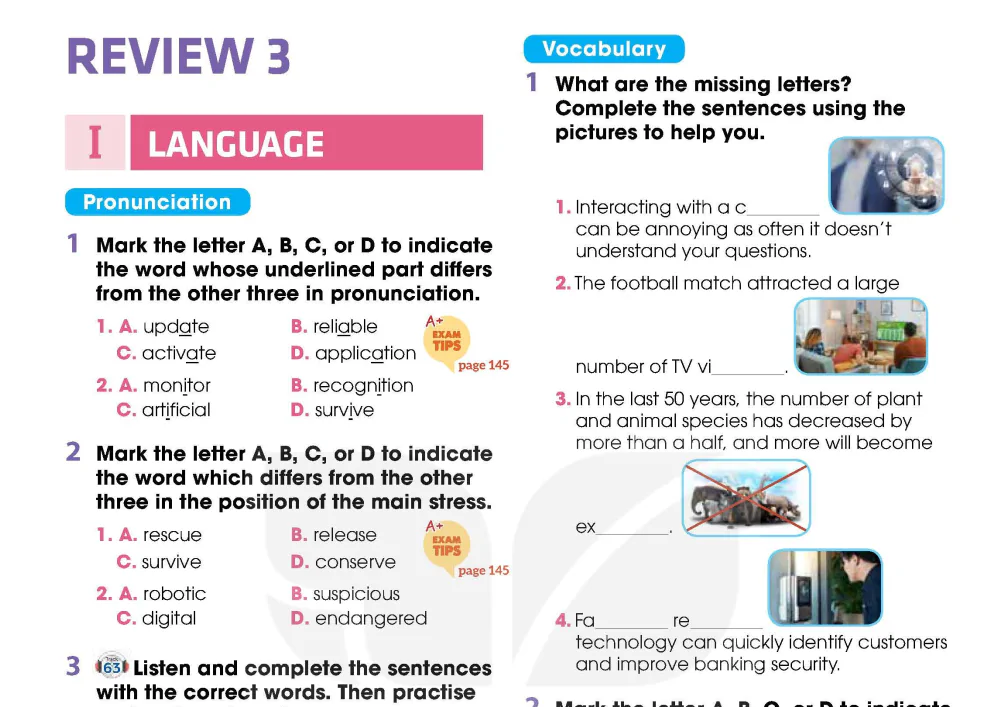
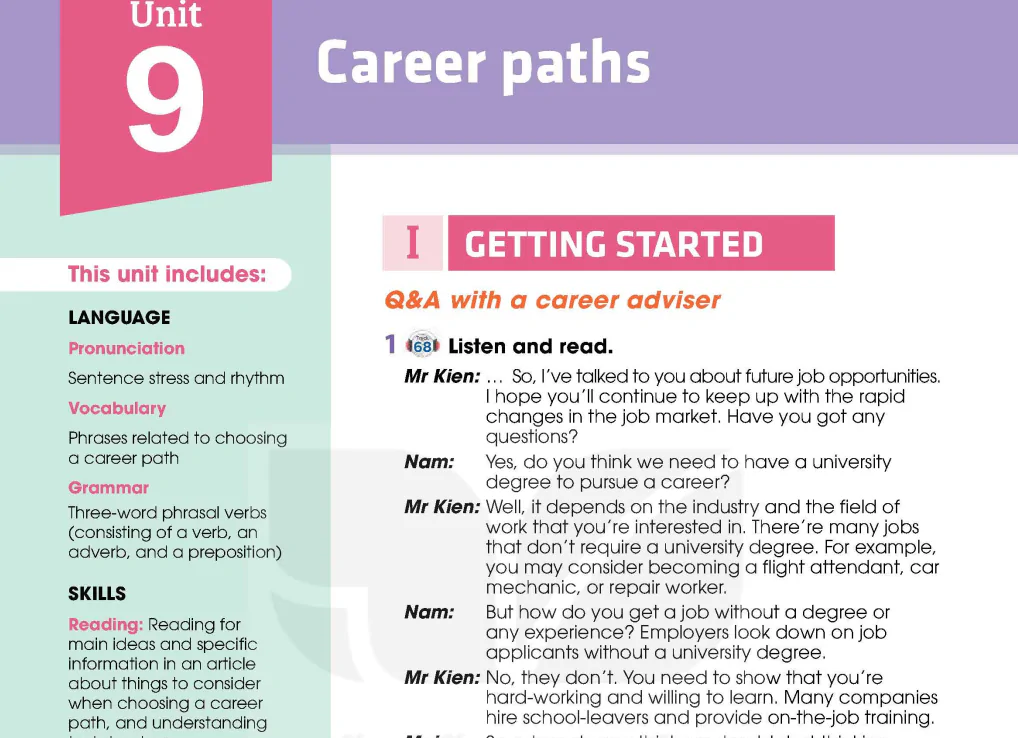
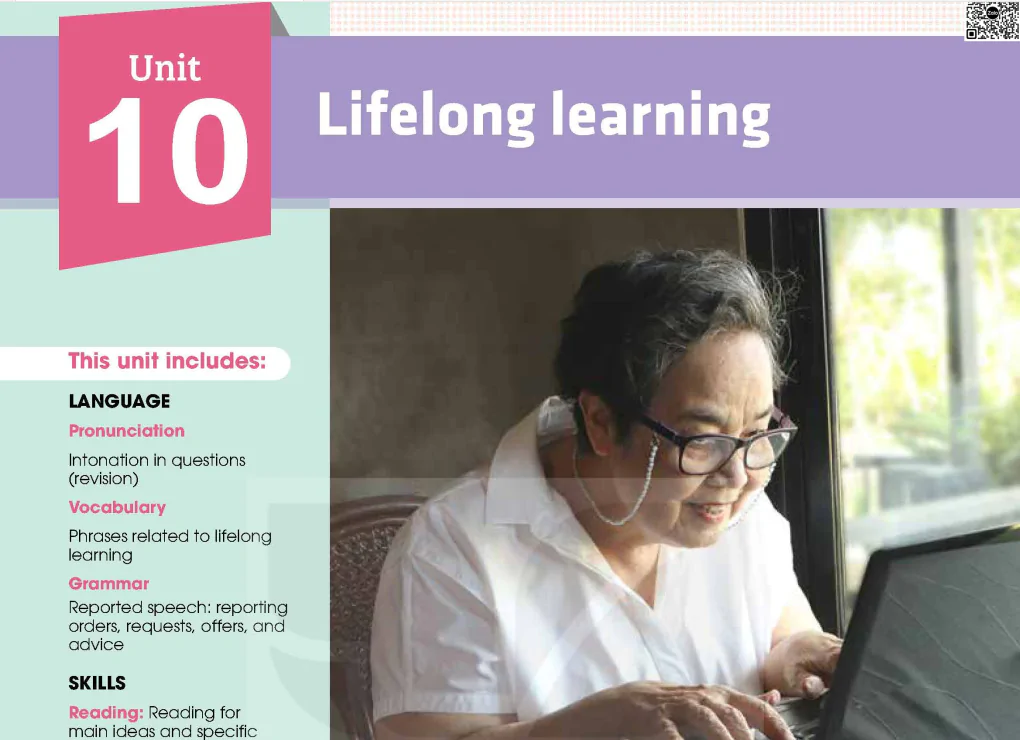
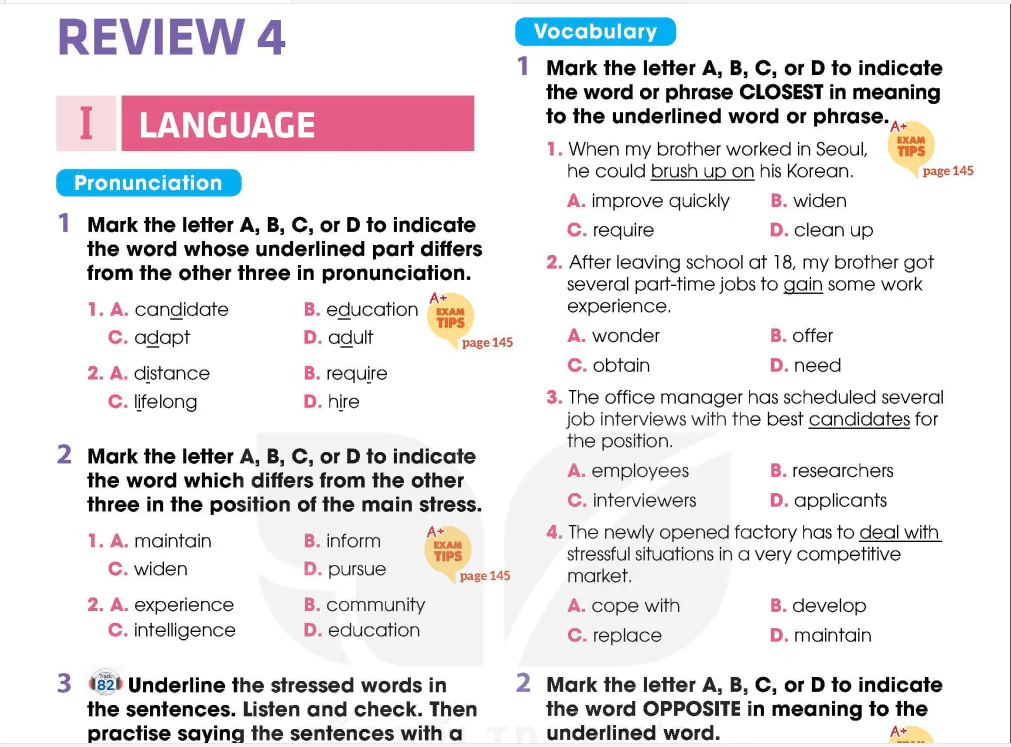
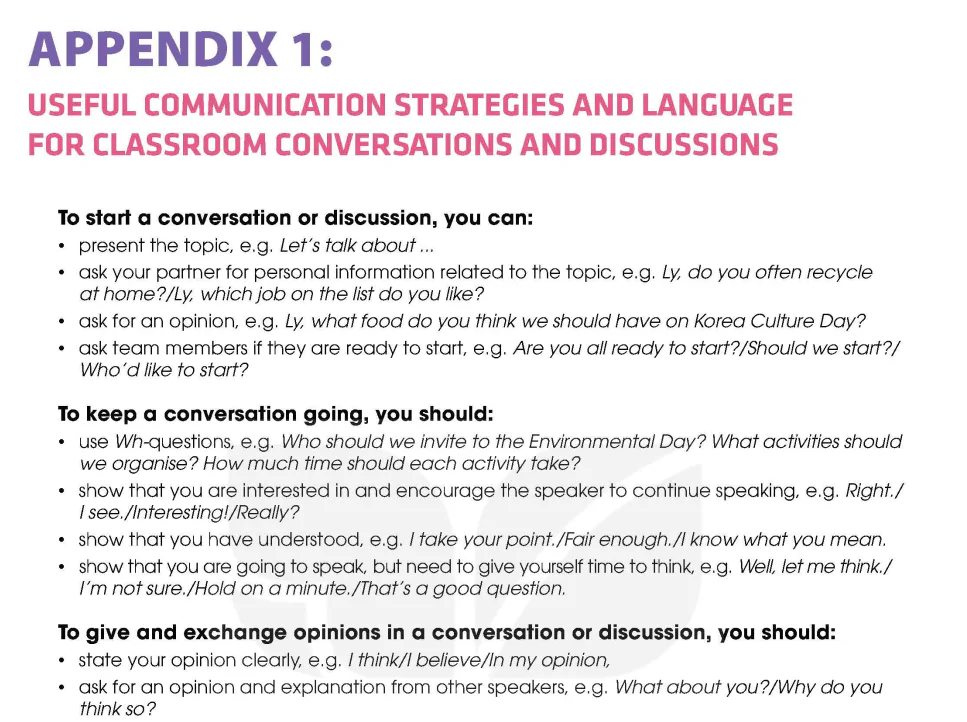
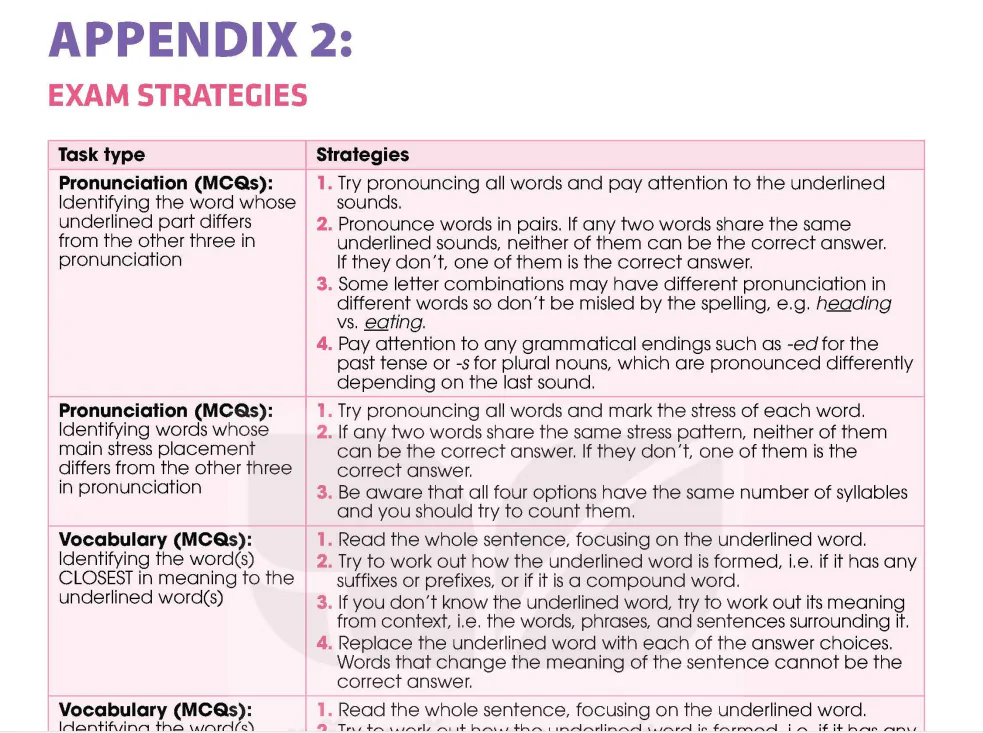
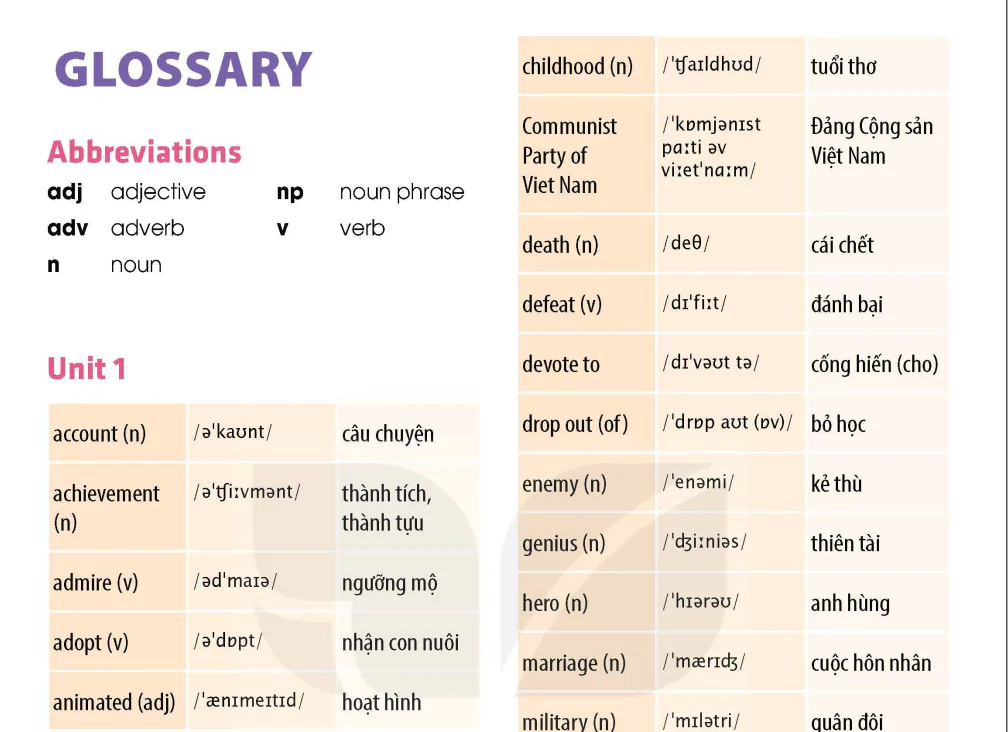


















Bình Luận
Để Lại Bình Luận Của Bạn